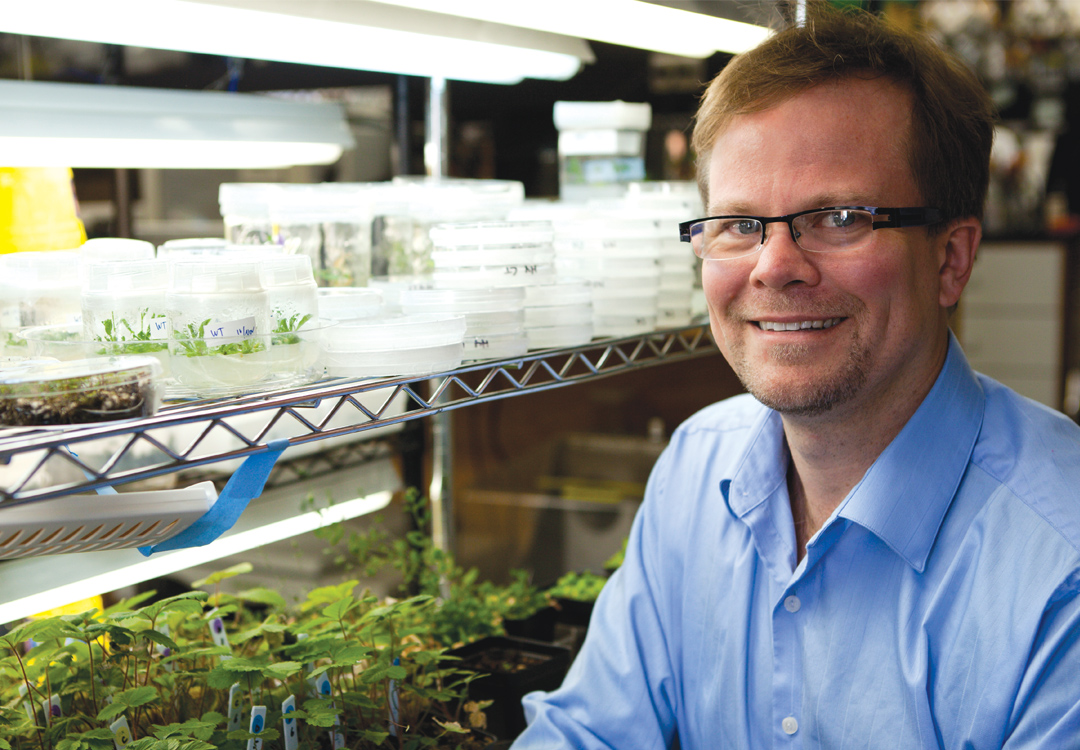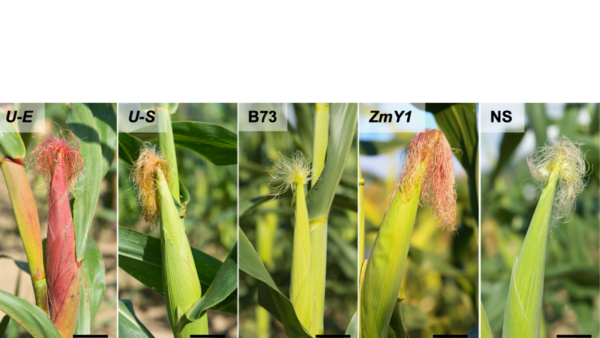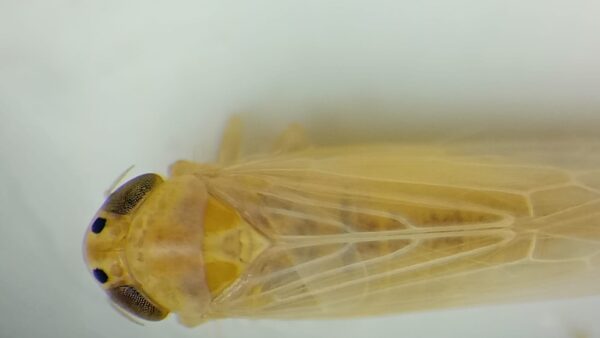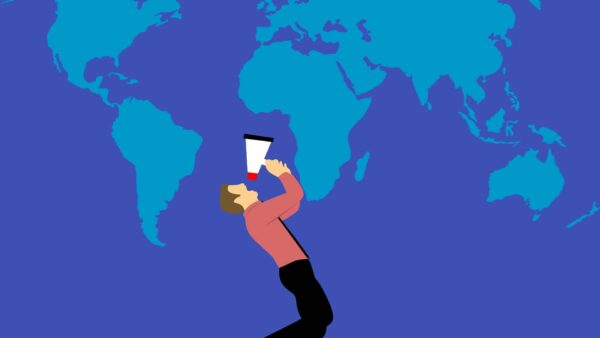An onslaught of Freedom of Information Act requests filed by an organization that opposes genetically modified organisms leaves public scientists scrambling to prove they have nothing to hide and consumes their time.
One of the most prominent professors to be hit with the Freedom of Information Act request is the University of Florida’s Kevin Folta, a professor in the Horticultural Sciences Department. Folta is also an author on GMOAnswers.com and is an advocate of science.
The U.S. Right to Know (USRTK) organization filed the request late January saying that it “seeks to understand the dynamics between the agrichemical industry’s PR efforts, and the public university faculty who sometimes are its public face.”
USRTK is a new nonprofit “food organization that investigates and reports on food companies.”
“We taxpayers deserve to know the details about when our taxpayer-paid employees front for private corporations and their slick PR firms,” says Gary Ruskin executive director of U.S. Right to Know.
It’s important to note that Ruskin led the charge on Proposition 37 in California for the mandatory labeling of genetically modified foods, which failed when it was sent to voters.
Folta was one of 14 university scientists — from the University of Nebraska to the University of California, Davis, and the University of Illinois — targeted by the USRTK. The group requested the professors/researchers turn over their email correspondence with agribusinesses, trade groups and public relations agencies.
“This is troubling news for academic scientists,” says Karl Haro von Mogel, a research geneticist at the University of Wisconsin. “These FOIA requests risk violating academic freedom and having a silencing effect on scientist-communicators who fear becoming political targets.”
Through the university, Folta has since turned over three years worth of email. Not long after, stories on the PLoS One blog started rolling out about Folta’s so-called connections to “big ag.”
“My central fear was not revealing incriminating or proprietary information, as the activities of a professor in a Horticultural Sciences Department aren’t terribly exciting,” Folta says. “I was comfortable with university I.T. pulling three years of email from university servers. However, I had one suspicious fear — that this venture was nothing more than a way for activists to spin my statements, and manufacture devious and defamatory narratives.”
Despite the increased scrutiny, Folta says “as scientists, we need voice our outrage about such tactics. More importantly, as scientists, we all need to better connect with the public in the pop-controversial areas of science.
“We must be conversant in the consensus syntheses of climate change, vaccines and transgenic crop technology. We all need to actively integrate into the science/society interface, teaching, and interpreting the scholarly literature. We must be honest, communicating the strengths and weaknesses, risks and benefits, to maintain and expand public trust.”
According to a report, “Freedom to Bully,” from the Union for Concerned Scientists, “open records laws are increasingly being used as a weapon against researchers whose work threatens private interests.”
In its report, the union says these types of FOIA requests compromise academic freedom and the exchange of ideas and constructive criticism. “The use of open records laws to harass researchers emerged with the growing use of electronic communications,” the authors write. “Conversations that use to take place over the phone or in person are now conducted by email, a format that leaves a permanent record.
“When these email discussion are made public through records requests, the privacy that academics have long enjoyed in discussions with colleagues is compromised. This can have a chilling effect on the frank exchange of ideas and constructive criticism, a crucial part of the scientific process.”
Additionally, the authors say the abuse of open records requests also hinders researchers simply by hijacking their schedule. “Complying with requests may take dozens or even hundreds of hours of researchers’ time, putting their real work on hold or on the back burner for a long while,” reports the Union for Concerned Scientists. “This may often be the main purpose of such requests.”
In its report, the Union for Concerned Scientists calls for a measured approach to open records, with a more discrete definition of which requests serve the public good and which do not.
Petition Supports Scientists
In response to the USRTK’s filing of more than 14 Freedom of Information Act requests, the Cornell Alliance for Science wrote a letter of support to the scientists. This letter has become an online petition of sorts with more than 1,000 signatures. The letter reads:
To the 14 public sector scientists who are being harassed by agenda-driven, anti-science FOIA requests, I stand with you.
This is a tactic taken directly from the climate deniers’ handbook: to mislead the public on an issue of clear scientific consensus with personal communications taken out of context.
You were targeted because of your engagement with the public on key scientific issues and I don’t want your voice to be silenced. This is the latest step in a broader anti-science campaign that is hurting our society.
The Freedom of Information Act is essential for a healthy democracy, but this request is not in the public interest. This request is clearly a witch-hunt by an anti-science organization with the goal of chilling academic discourse.
I stand with the 14 targeted scientists and urge them to stand up for academic freedom and the protection of scientific discourse. I urge you to stay strong in the face of anti-science bullying and not compromise your important work.
The Cornell Alliance for Science seeks to promote access to scientific innovation as a means of enhancing food security, improving environmental sustainability and raising the quality of life globally.
This issue continues to evolve as the pressure mounts. You can listen to Kevin Folta on Talking Biotech at www.talkingbiotechpodcast.com/?p=130.












